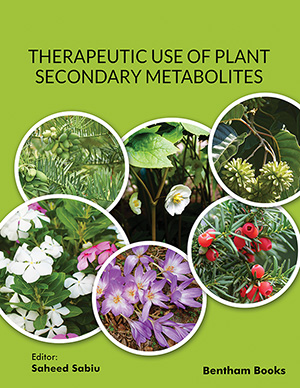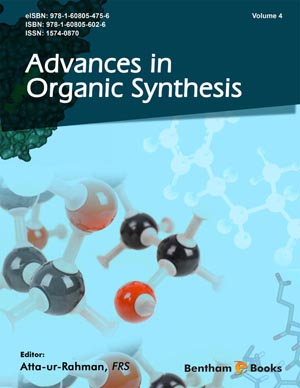Abstract
Plants produce an array of secondary metabolites identified as possible antimicrobial agents that are used across the globe to treat numerous diseases and ailments. These secondary metabolites serve as unique commercial sources of various pharmaceuticals, food additives and flavouring agents, and possess diverse industrial applications. Alkaloids, flavonoids, and polyphenols are secondary metabolites shown to attack numerous gram-positive and gram negative bacteria in response to microbial infections. Secondary plant metabolites have a detrimental effect on microbial cells in several ways, such as alteration of the structure and function of the cytoplasmic membrane as well as DNA/RNA synthesis, interference with intermediary metabolism, interaction with membrane proteins, a disruption in the movement of protons leading to ion leakage, enzyme synthesis inhibition, the clotting of cytoplasmic components and interference in typical cell communication. This ultimately results in cell death. The focus of this chapter is to provide an overview of the function and benefits of plant secondary metabolites as therapeutic agents to combat pathogenic bacterial infections.
Keywords: Alkaloids, Anti-microbial agents, Bacteria, Infectious diseases, Medicinal plants, Secondary metabolites.






















